Other than gorillas and chimpanzees which live in areas we will not visit, the only large mammal we have not yet (5 days before we head home) seen is the cheetah. Dozens of lions mating, hunting, feasting and playing; five leopard sightings in trees with prey, and resting draped over branches, drinking at a waterhole, walking through tall grass and lounging under a tree with a fresh kill…but still no cheetahs.
Our guides tell us the vast expanses of the Serengeti will be the most likely place to see them, but only time will tell. Everyone knows of them for their tremendous speed and agility in running down their prey, and it is not uncommon for them to be robbed by the bigger cats or hyenas after they have done the hard work of the hunt. Our guides here have referred to their behavior as a of blend of cat and dog.
Photo © Steve Bollock. All rights reserved.
The last couple days have given us experiences, some that veteran Safari participants and guides have never seen. These dramas are beyond the regular leopard sightings which fly in the face of the odds. Driving out from a lesser used park in Kenya, Tsavo West, mostly known for its lava fields and enormous springs called Tzimo Springs, we came upon a dead giraffe in the road. Upon cautious examination, Daniel told us it was a fresh lion kill. There were very large male lion prints all around and a short investigative tracking from the safety of our truck led to the sighting of the culprit under a tree 20 meters off the road. It was hard to imagine a single lion taking down a mature giraffe.
Photo © Steve Bollock. All rights reserved.
In Manyara National Park in Tanzania we spotted a mother elephant carrying its dead newborn in its mouth! None of our guides had ever seen this before! For 20 minutes we watched it and the 6-8 other elephants that accompanied her in her grief. They grazed amongst the trees and she periodically put her dead baby down to eat a few bites before continuing on, while the others seemed to be protecting her from our prying eyes. We all felt the sadness of this scene.
None of the guides had ever seen this before!
Photo © Steve Bollock. All rights reserved.
Less dramatic, but super fascinating and entertaining have been the troops of baboons and monkeys which have been frequently on our routes as well as the hippos which have become regular nighttime grazers where we have camped by water. They feed at night, coming in very close to our tents! Their grunting vocalizations always capture our attention. Daytime sightings have mostly been limited to eyes and ears with a bit of nose as they mostly stay submerged in water to protect their skin from the sun.
Photo © Steve Bollock. All rights reserved.
With such a variety of blessings from this animal kingdom it will be easy to forego seeing the cheetahs if the Serengeti does not provide.
Still it remains a mystery as to where they are hanging out??
Photo from our head guide, Daniel Kyalo, from a previous trip he was leading.
PS: The day after writing this post, we finally came upon cheetahs…two brothers resting in the shade of a thorn tree. Then in quick succession, several more cheetah sightings. And on the final drive out of the park, we spotted a rare serval cat, usually a nocturnal critter. The Serengeti lived up to it’s promise.
Photo © Steve Bollock. All rights reserved.
Photo © Steve Bollock. All rights reserved.
There are more posts where this came from. If you like it please let me know.
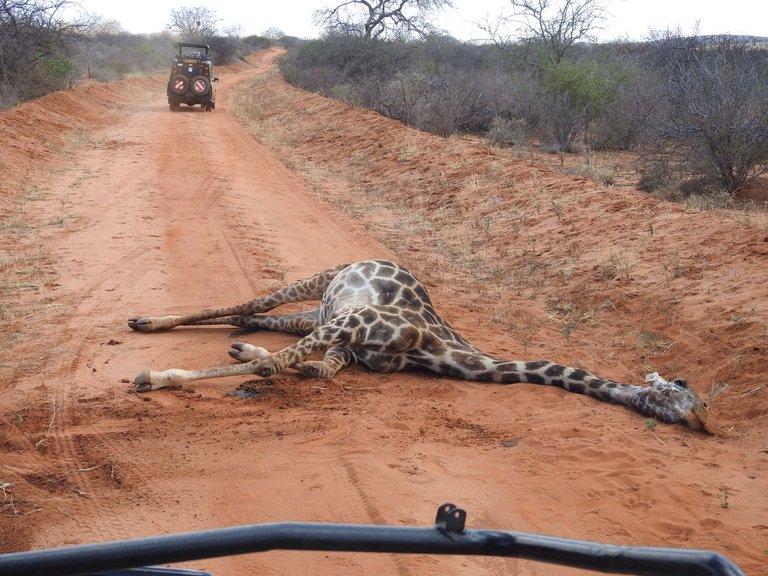
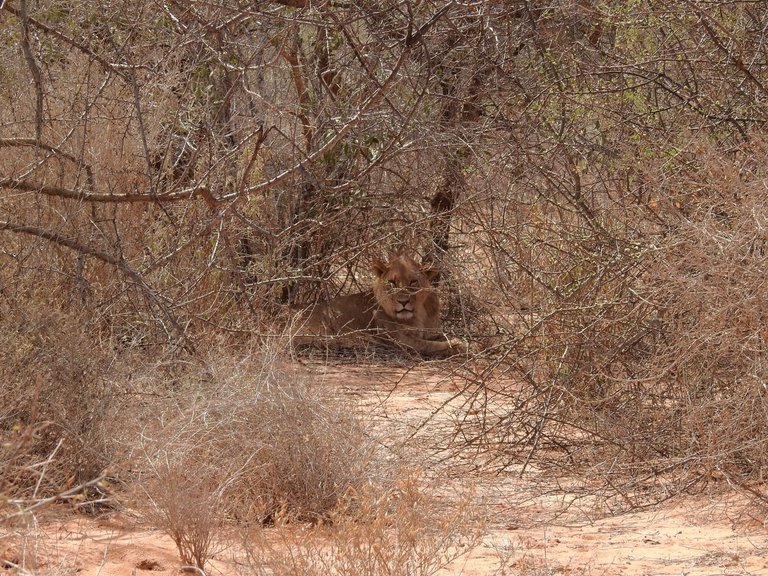
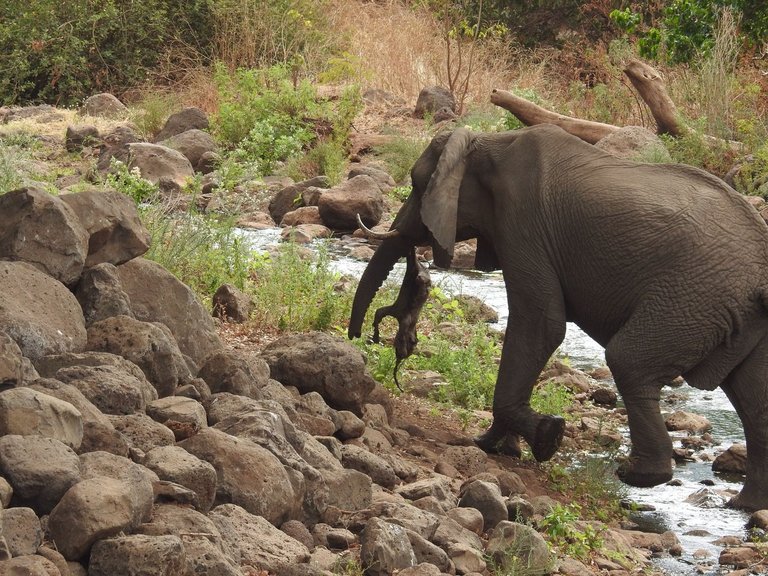
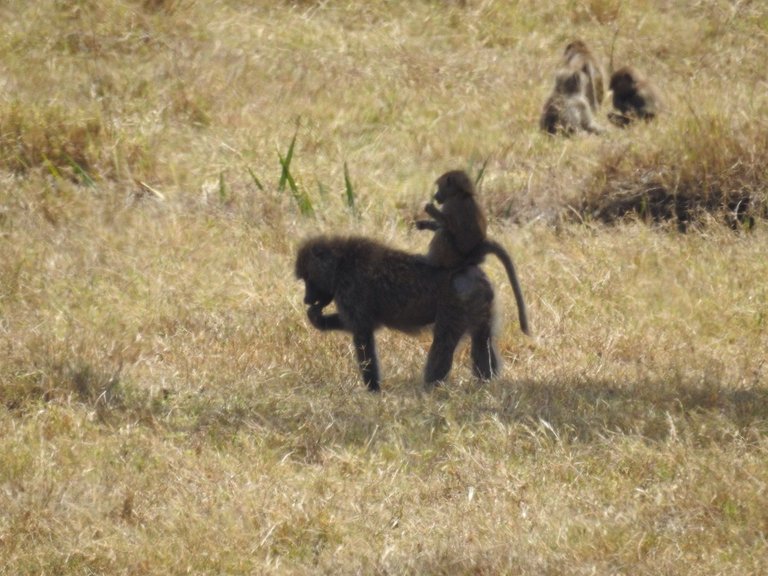
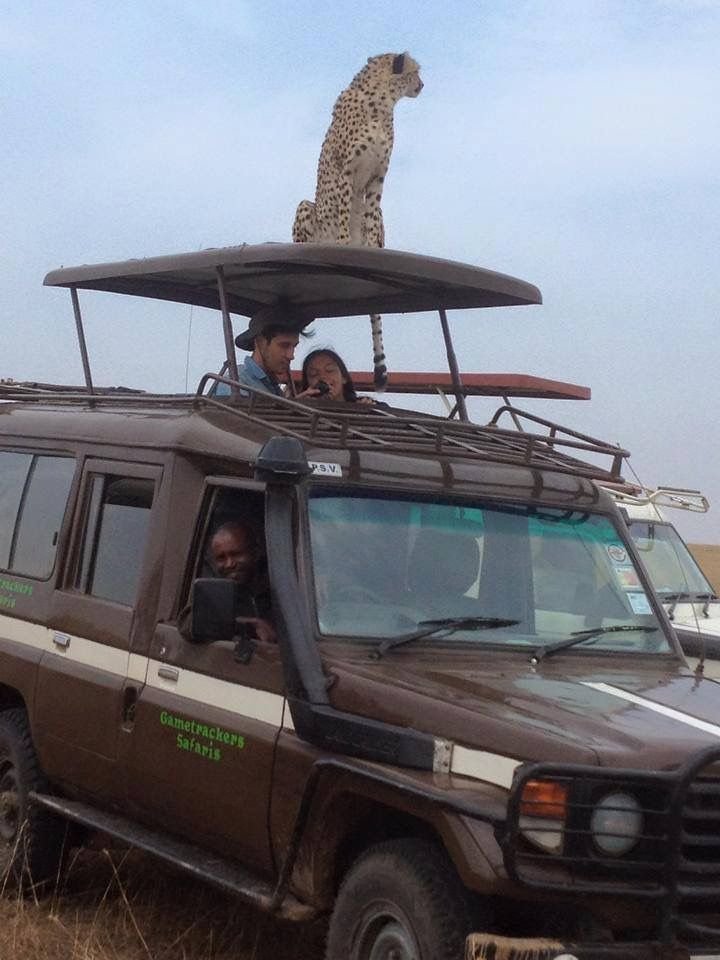
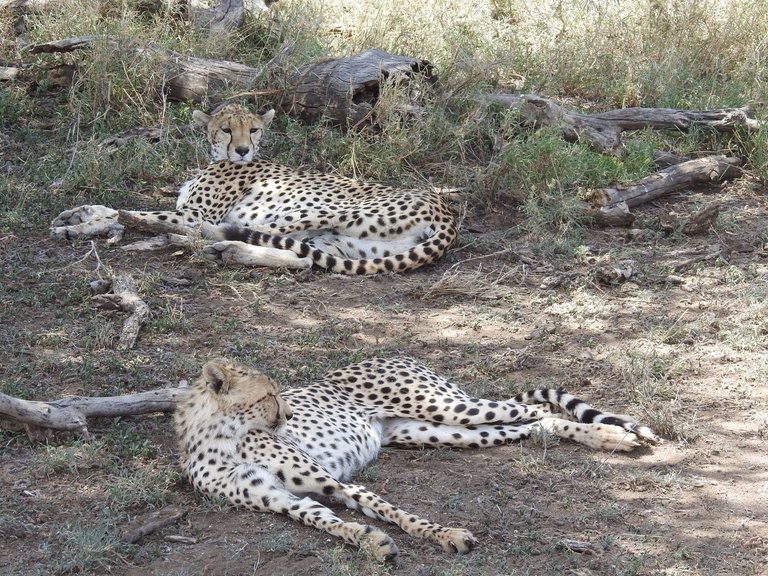
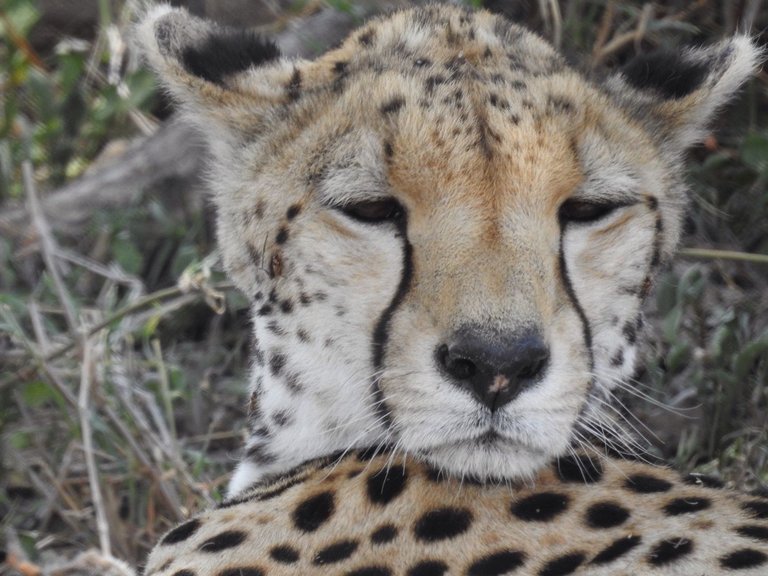
Lol looks like you found your cheetah.
Hi! I am a robot. I just upvoted you! I found similar content that readers might be interested in:
http://buddhadogphotos.com/2017/10/12/where-are-the-cheetahs/